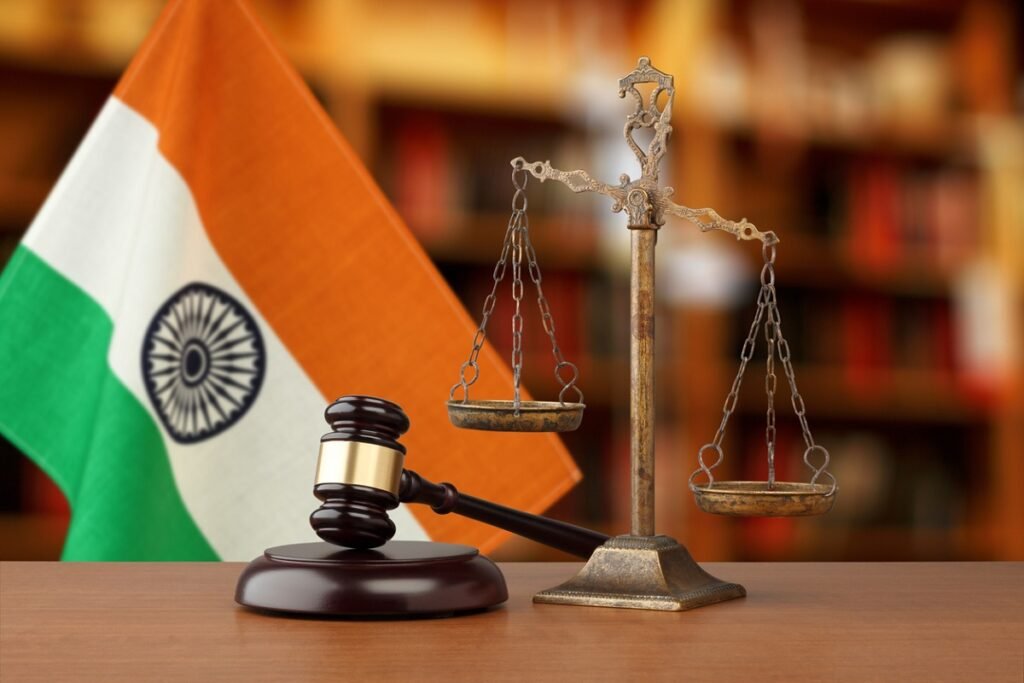
INTRODUCTION:
The Kerala State Judiciary Exam is a competitive examination conducted to recruit candidates for judicial positions within the Kerala state judiciary system. It assesses candidates’ knowledge of various legal subjects, including constitutional law, civil and criminal procedure, evidence, and local laws. Successful candidates are appointed as judicial officers to preside over courts and adjudicate legal disputes in the state of Kerala, India.

SYLLABUS
The syllabus for the Kerala State Judiciary Exam (also known as Kerala Judicial Service Examination) typically covers various aspects of law, including substantive law, procedural law, and other related topics. While the exact syllabus may vary slightly from year to year, the following is a comprehensive overview of the topics commonly included:
Constitutional Law:
- Constitution of India – Historical Background, Preamble, Fundamental Rights, Directive Principles of State Policy, Fundamental Duties, Amendment Procedures, etc.
- Federalism – Distribution of Legislative Powers, Emergency Provisions, Union and State Executive, etc.
- Judicial Review, Separation of Powers, and Basic Structure Doctrine.
- Important Supreme Court Judgments and Landmark Cases.
Code of Civil Procedure:
- Jurisdiction of Civil Courts.
- Pleadings and Parties.
- Summary Procedure.
- Appeals and Revision.
- Execution of Decrees.
- Limitation Act.
Code of Criminal Procedure:
- Jurisdiction of Criminal Courts.
- Arrest, Bail, and Remand.
- Investigation and Inquiry.
- Trial of Criminal Cases.
- Sentencing and Execution.
- Important Provisions regarding Evidence.
Indian Evidence Act:
- Relevancy of Facts.
- Admissibility and Weight of Evidence.
- Witnesses.
- Privileged Communications.
- Confessions and Dying Declarations.
Indian Penal Code
- General Principles.
- Specific Offenses – Offences against Property, Offences against the Person, Offences against the State, etc.
- General Exceptions.
- Joint and Constructive Liability.
- Abetment and Criminal Conspiracy.
Law of Contracts:
- Essential Elements of a Contract.
- Formation and Performance of Contracts.
- Breach of Contract and Remedies.
- Quasi Contracts.
- Special Contracts (Sale of Goods Act, Partnership Act, etc.).
Property Law:
- Transfer of Property Act.
- Easements Act.
- Specific Relief Act.
- Land Laws in Kerala.
Administrative Law:
- Administrative Tribunals.
- Judicial Review of Administrative Action.
- Principles of Natural Justice.
Local Laws:
- Kerala Panchayat Raj Act.
- Kerala Municipality Act.
- Kerala Land Reforms Act.
- Kerala Rent Control Act.
- Laws relating to Scheduled Castes and Scheduled Tribes in Kerala.
Current Affairs and General Knowledge:
- National and International Events.
- Legal and Political Developments.
- Social and Economic Issues.
- Recent Judgments by the Supreme Court and High Courts.
It’s important for aspirants to refer to the official notification and syllabus provided by the Kerala High Court or the State Judicial Service Commission for precise details regarding the syllabus and any updates or changes. Additionally, candidates may benefit from studying previous years’ question papers to understand the exam pattern and focus areas better.
CONCLUSION:
In conclusion, the Kerala State Judiciary Exam syllabus encompasses a wide array of legal subjects, ranging from constitutional law to local statutes. Aspiring candidates must thoroughly study topics such as civil and criminal procedure, evidence law, and constitutional principles. Familiarity with local laws specific to Kerala is also essential. Success in this exam not only qualifies candidates for judicial positions but also demonstrates their proficiency in understanding and applying various aspects of law within the Kerala jurisdiction.

For the Detailed Syllabus: CLICK HERE
To know more about the Exams: CLICK HERE